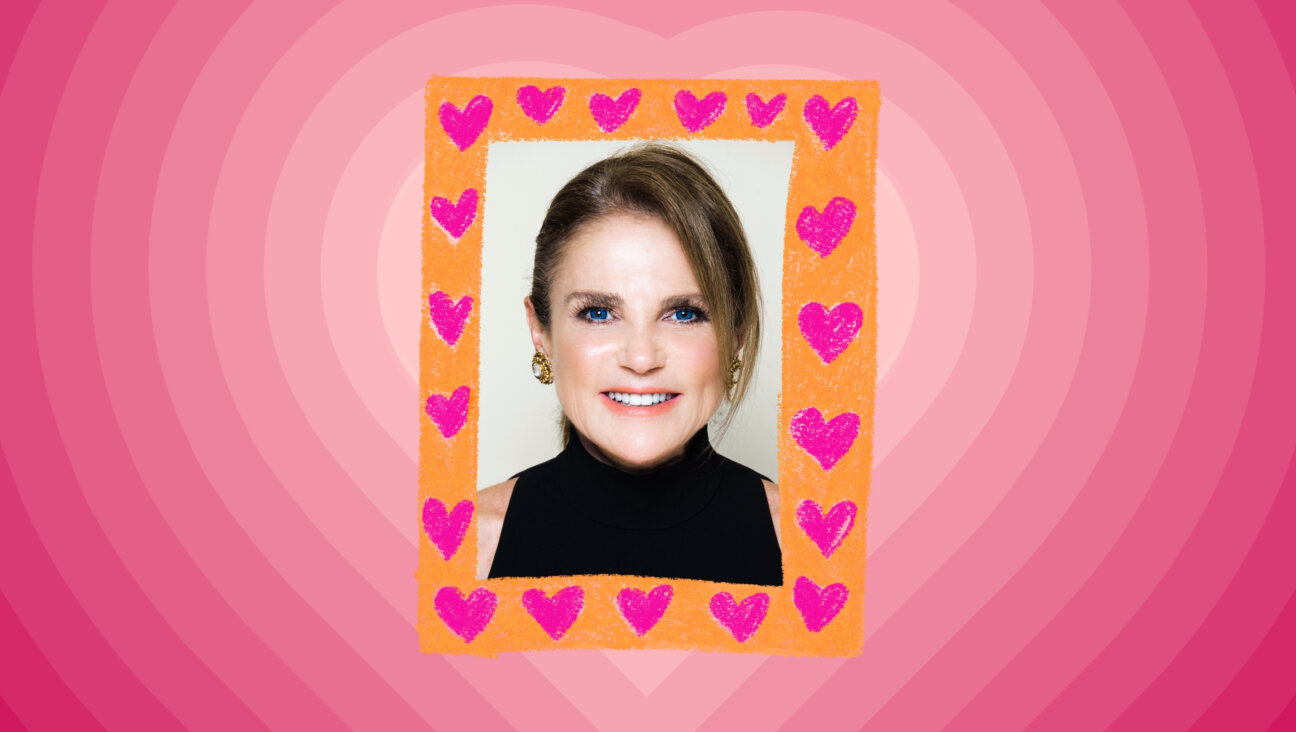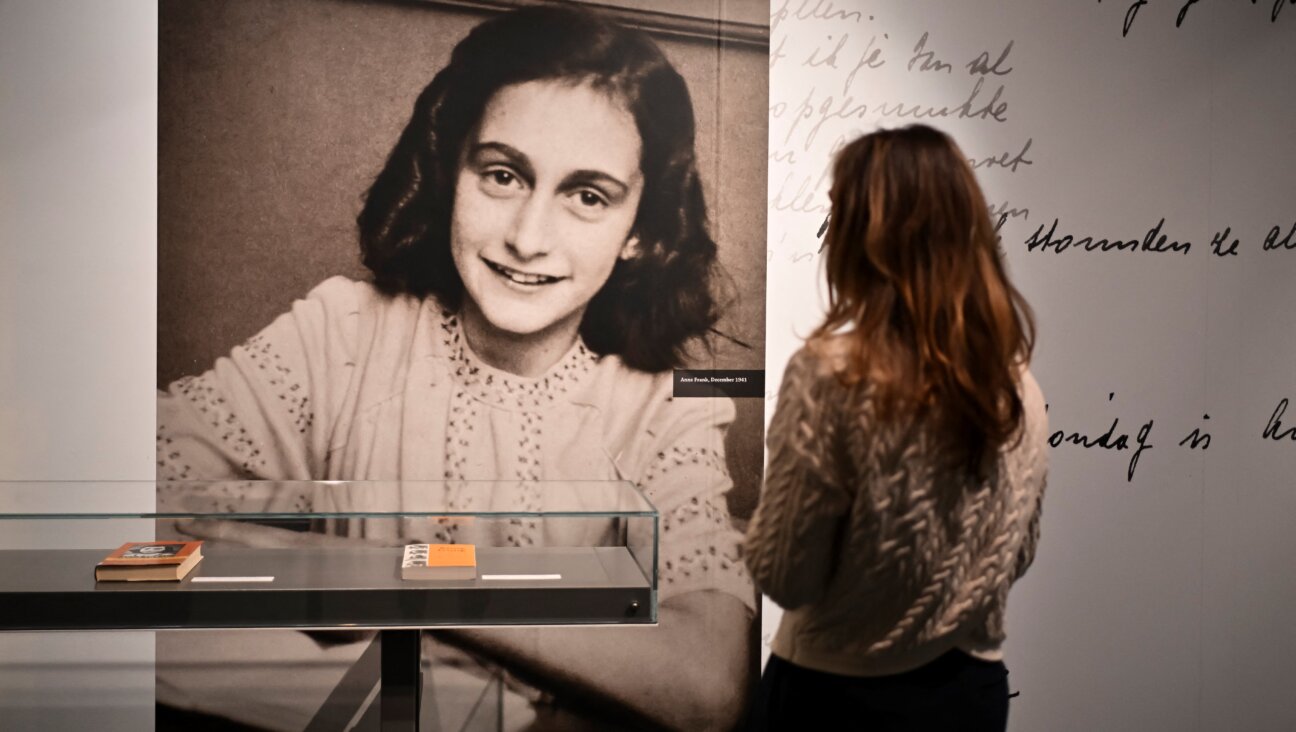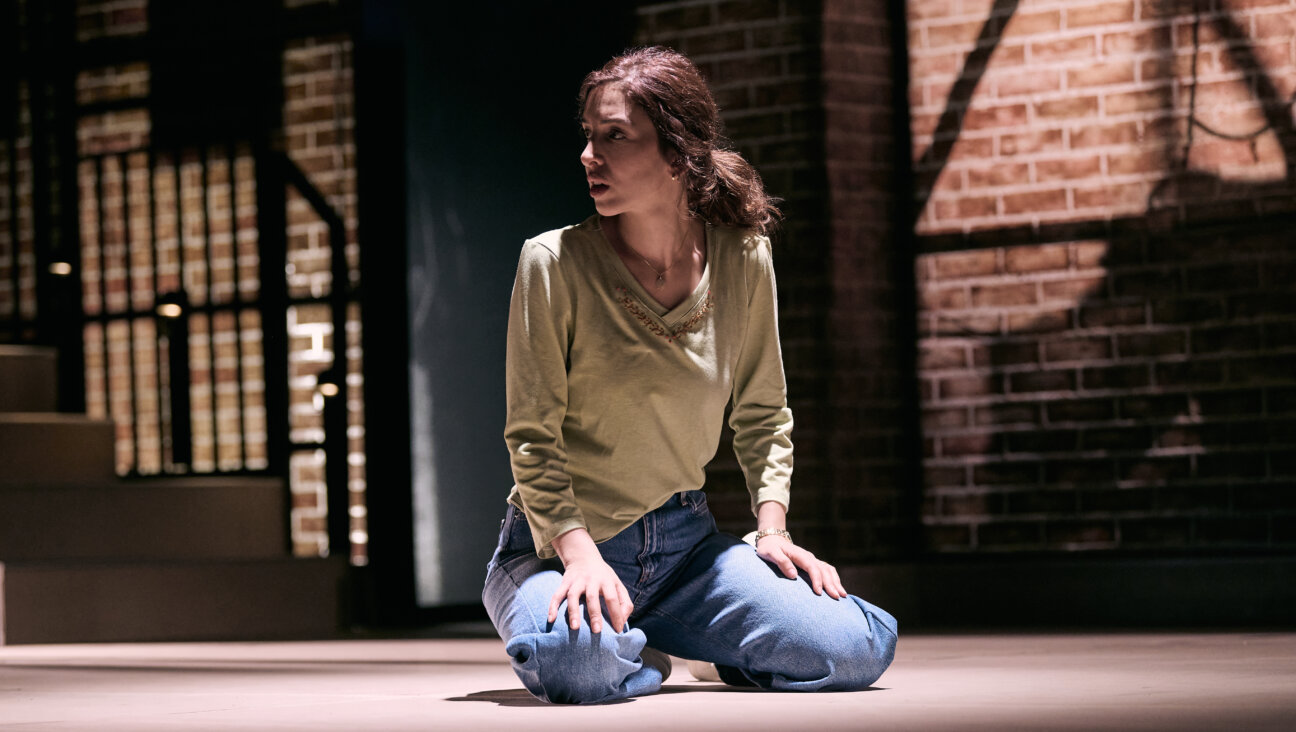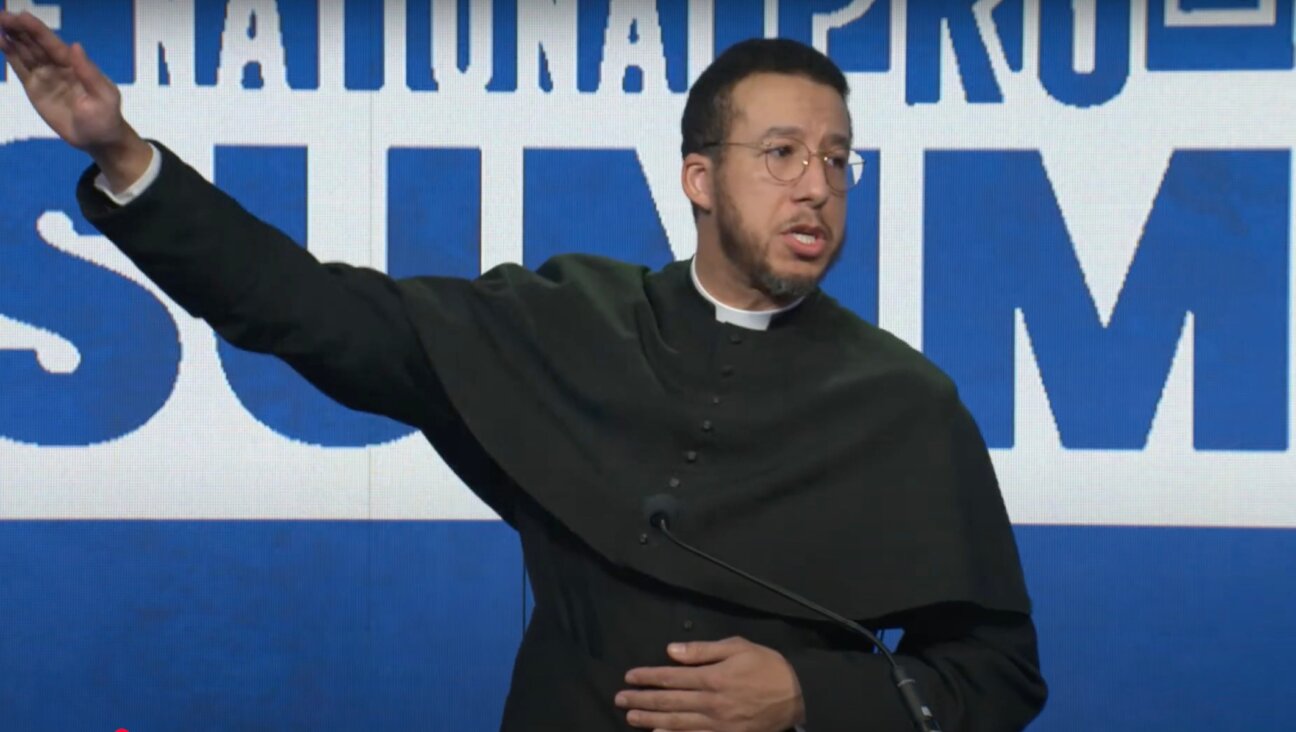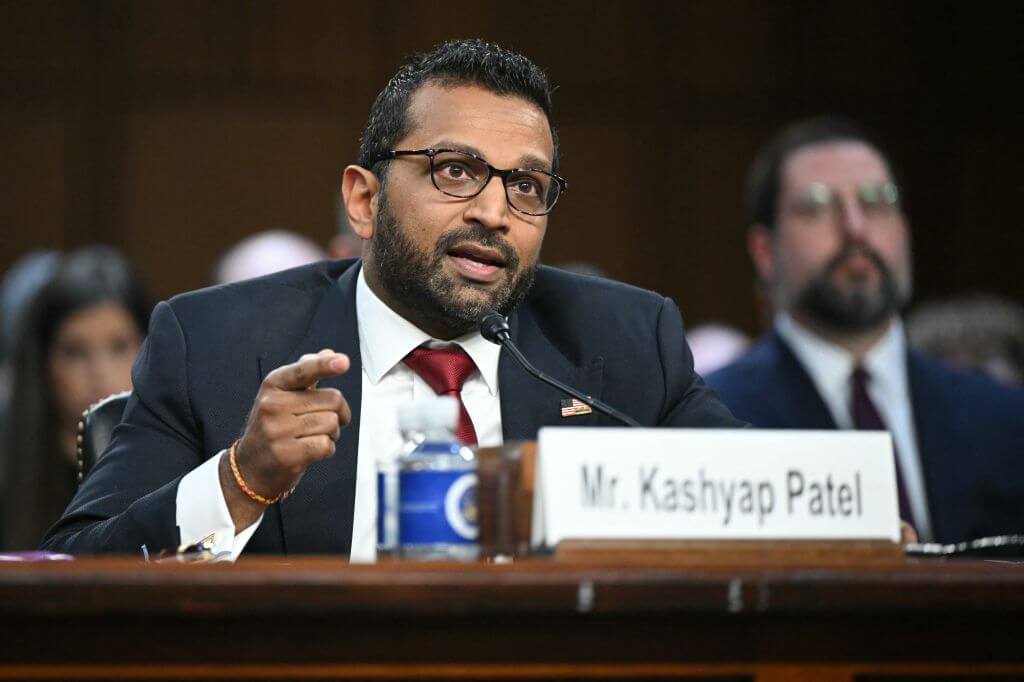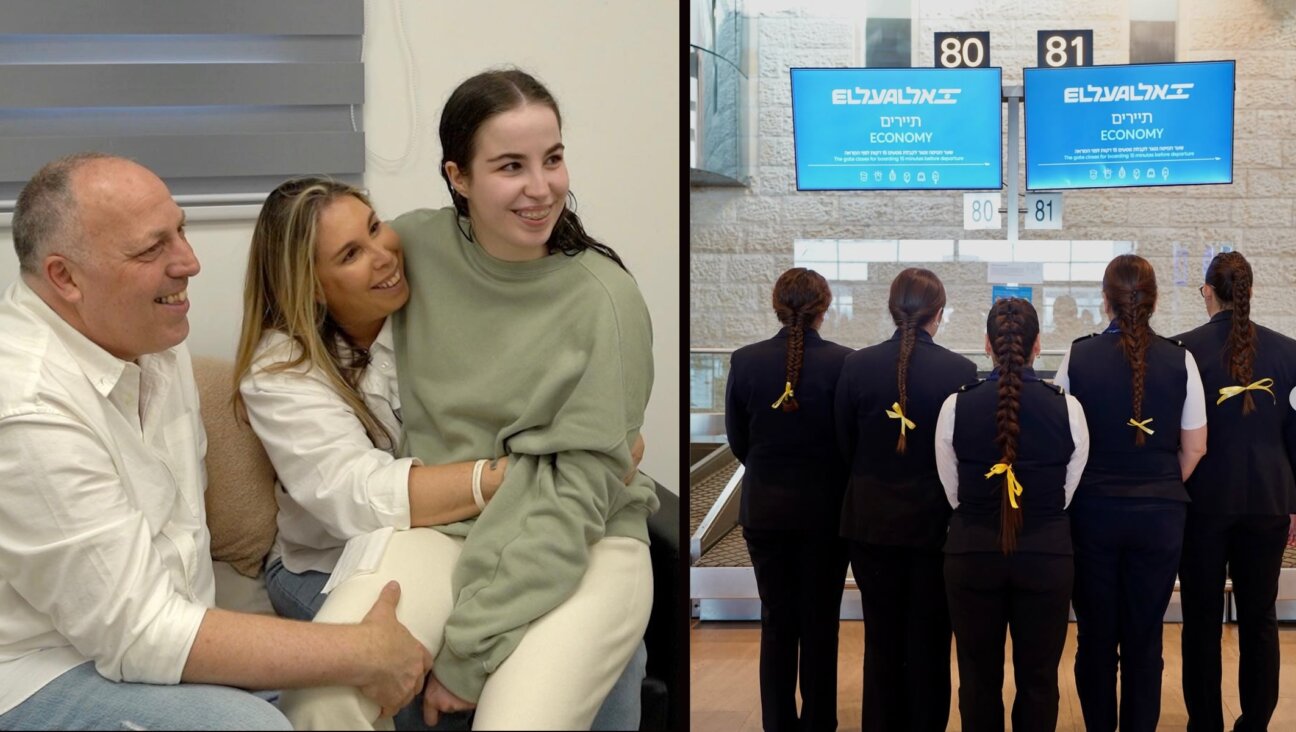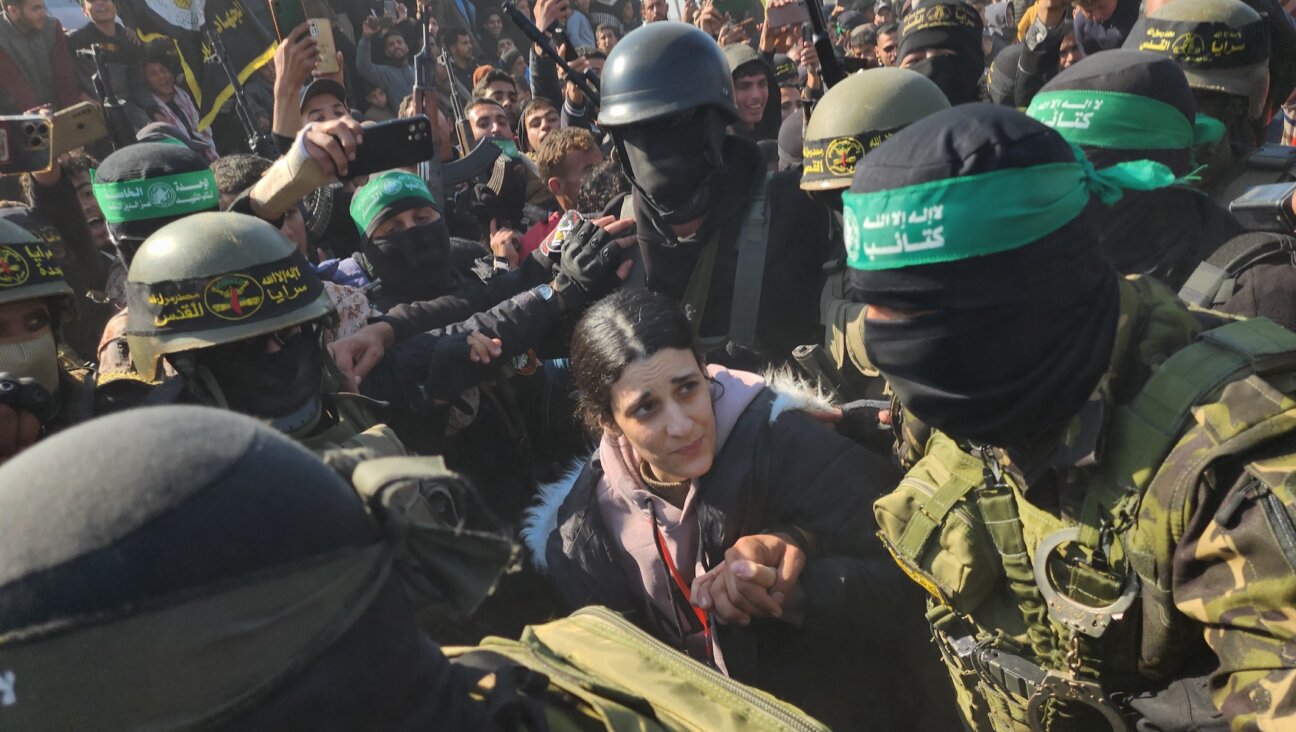How I Moved to L.A. Without Leaving New York While Becoming and Not Becoming a Father

Image by Anya Ulinich
The following essay appears in the forthcoming anthology “CHOICES: Why I Decided To Get Married Or Not And Have Children Or Not And Also I Am Half-White Or All-White Or Not White At All And May Or May Not Be Jewish.”
The other day, as i sat on a bench at the park drinking wine out of plastic cups with the two surviving friends who still enjoy my company, I watched the children run around the playground and was extremely glad that I wasn’t a parent, and also that I was a parent.
“I am so glad I’m single,” I said.
“Me too,” said my friend Kevin, who is conflicted about his Judaism and whiteness.
“But I’m also glad that I’m married,” I said.
“Tell me about it,” said my friend Sandra, who is both married and not married and decided a long time ago to simultaneously have children and not have children.
We live in a time of choices, and yet we are paralyzed. All around us, social norms are changing, yet they are staying the same. Everyone who is both single and married and Jewish and not Jewish agrees that it’s best to have children or not to have children, to admit that we are of mixed-race or of no race at all, really.
This is the dilemma we face, and also the dilemma we have avoided.
When I was younger, so much younger than today, I loved a woman. Now she is a man, which is an option. But at the time I was so in love that I wanted to have children with her, or maybe not.
“Will you marry me?” I asked her. “Or maybe never marry me at all?”
“Yes,” she said. “And also no.”
Years later, I realized that the decision I made to get married and not get married and have several children while also having no children was the best. This became very clear as I embarked on a glamorous three-week-long food writing tour of Italy (a little surprising in itself because I’m not a food writer), while simultaneously staying home in a tiny two-bedroom apartment in a rapidly-gentrifying Brooklyn neighborhood, surrounded by screaming children in feces-filled diapers. I drank cough syrup and watched the same five YouTube clips of Yo Gabba Gabba over and over again and wondered where my youth had gone.
Yet in Umbria, full of wine and ham, I was also filled with a surprising emptiness, a longing for a different life, a more fulfilled one, surrounded by the people I loved. Meanwhile, back in Brooklyn, my heart ached with joy as I realized I’d made the right decision to send my kids to a Jewish and also non-Jewish preschool where all the kids were of indeterminate ethnicity. I experienced infinite love. Also, I was totally alone.
This is why I made the decision a few months ago to move to Los Angeles, while simultaneously never leaving New York. In California, identity is malleable. You can be free to be who you want to be, remaining exactly who you are the whole time, unless you are not in California. I left my children and spouse behind, and brought them with me, too. Maybe they didn’t exist at all. Maybe I didn’t exist either. Maybe I didn’t pay rent this month and ended up catching 10 minutes of sleep here and there on the L train. No one knows.
The answers I seek just bring up more questions. When my children and non-children are stopped or not stopped by the police, what do I tell them? To trust authority? To run for their lives? It depends on whether they are white or non-white or whether or not I have chosen to raise them or not raise them in LA or someplace else, which I probably have or haven’t depending on whether or not they actually exist.
In moments like these, my spouse or non-spouse and I either agree or disagree that the choices we’ve made were the right ones and the wrong ones. There can be no doubt that my crippling doubt and my sanity and insanity co-exist with the choices I have made or haven’t. The decision I made to adopt or not adopt three kids, more or less (or none at all) was simultaneously the best and the worst one I ever or never made.
As Kevin and Sandra and I sat on that bench, regretting and not regretting everything we’ve done and said as well as everything we haven’t, the sun began to dip in the east, or maybe west. I stood up. The night stretched before me.
I couldn’t wait to get home to my kids, or no kids, to my spouse, or no spouse, to do nothing, or something. Life, whatever choices you make, is something that we must all face, together or alone. But no matter what, I knew that there was no way I was going to Shabbat services.
Neal Pollack’s latest novel is “Repeat.”
A message from our Publisher & CEO Rachel Fishman Feddersen

I hope you appreciated this article. Before you go, I’d like to ask you to please support the Forward’s award-winning, nonprofit journalism so that we can be prepared for whatever news 2025 brings.
At a time when other newsrooms are closing or cutting back, the Forward has removed its paywall and invested additional resources to report on the ground from Israel and around the U.S. on the impact of the war, rising antisemitism and polarized discourse.
Readers like you make it all possible. Support our work by becoming a Forward Member and connect with our journalism and your community.
— Rachel Fishman Feddersen, Publisher and CEO







